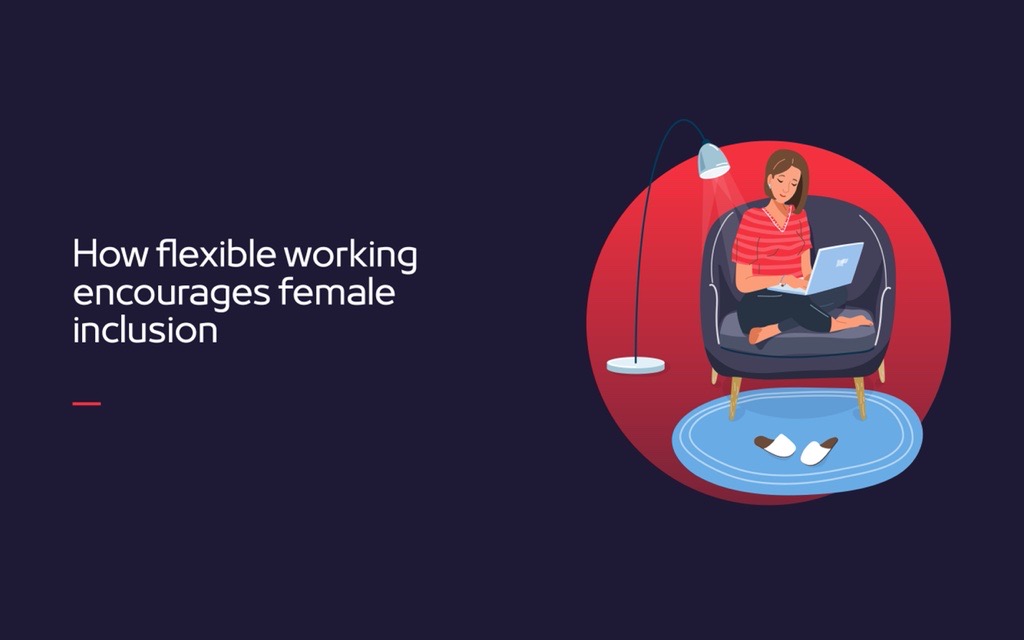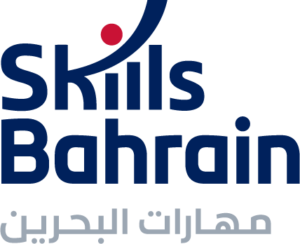
How flexible working encourages female inclusion
According to the latest research published by the Gender Balance Observatory, women’s involvement in the private sector reached 56% of the total workforce in Bahrain. This percentage has risen steadily over the past few years following the increased inclusion of women in various fields and industries.
One of the main factors that contributed to the increase in female inclusion over the past two years was the rise in flexible work policies and the introduction of remote working during pandemic. This presented an opportunity for more women to fully dedicate themselves to working while simultaneously meeting family obligations.
This period offered an opportunity to test the efficiency of remote operations, while monitoring the productivity of employees to ensure it is not negatively affected by the implementation of such policies. The experience had many positive outcomes across various levels, with several companies maintaining remote working despite the lifting of restrictions leading to a return of pre-pandemic conditions.
Some of the leading advantages witnessed by companies that offer remote work arrangements are around increased productivity, improved employee satisfaction, and a reduction in sick leave requests. Remote work arrangements also made the need for commuting to the office redundant and reduced operational expenses, while also preserving electricity and water.
There were however some observed drawbacks to a complete reliance on remote working, including its affect on the development of social relationships amongst team members, resulting in potential difficulties in communication and knowledge sharing between colleagues. Some employees also expressed concerns about unfavorable work environments in their homes, which potentially affected their productivity.
To overcome these challenges, some companies have favored a hybrid working model which combines the advantages of both remote and physical work, ensuring that the organization maintains the continuity of its operations by allowing more flexibility for its employees to choose the most suitable method of work. This offers solutions for diverse segments of the workforce, including pregnant women, women returning to the workforce post maternity leaves, and for employees experiencing unfortunate health circumstances, such as miscarriages. It also introduces a wide range of new opportunities for women, including part time employment, self-employment, and working within the gig economy, all of which positively contribute to the national economy.
These measures have been praised by various organizations within the Kingdom of Bahrain, led by the Supreme Council for Women, which is in line with the National Plan for the Advancement of Bahraini Women (2013-2022), which aims to encourage organizations to create favorable working environments to balance family obligations and job responsibilities.

